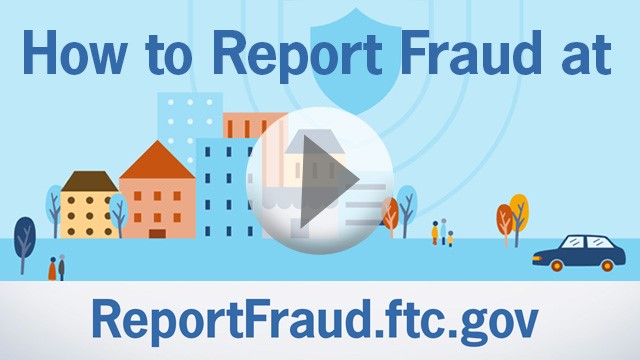In an effort to combat fraud, the hospice industry may see increased scrutiny from the U.S. Centers for Medicare & Medicaid Services (CMS). Home-based care providers that offer hospice services, including AccentCare and Elara Caring, told Home Health Care News they hope that CMS will act on their statements about bad actors in the industry […] The post Home-Based Hospice Operators Welcome CMS Anti-Fraud Efforts appeared first on Home Health Care News.
In an effort to combat fraud, the hospice industry may see increased scrutiny from the U.S. Centers for Medicare & Medicaid Services (CMS).
Home-based care providers that offer hospice services, including AccentCare and Elara Caring, told Home Health Care News they hope that CMS will act on their statements about bad actors in the industry – and that a crackdown would protect “high-integrity” providers.
Last week, Dr. Mehmet Oz, administrator of CMS, painted a bleak picture of the current state of hospice-related fraud.
“Fraud is a national problem, but it starts locally,” he said in a Los Angeles Times article. “Drive around certain neighborhoods in Los Angeles and you’ll pass what appear to be empty office buildings, which unbeknownst to neighbors could serve as hubs of criminal activity. There are more than 1,000 potentially fraudulent hospice operations identified in Los Angeles.”
To address the fraud CMS is seeing in the space, the agency plans to rely on its Fraud Defense Operations Center.
“This spring, we rolled out a war room — the Fraud Defense Operations Center — a team of experts from across the agency using artificial intelligence and other cutting-edge technology to identify fraudulent activity before we pay the bills,” Oz told the Los Angeles Times.
Companies like AccentCare, which offer both home health and hospice services, welcome CMS’s active approach to rooting out fraud.
“We hope it materializes,” Dr. Balu Natarajan, chief medical officer at AccentCare, told HHCN. “We, as an institution, have always believed that strong program integrity measures actually increase access to high-quality care, and as a consequence, we strongly support those efforts by Dr. Oz and his team to eliminate fraud in hospice. It’s always difficult to say whether these things will happen. All signs [point to] this taking place. We are definitely looking forward to the day that that happens.”
AccentCare is a Dallas, Texas-based company that offers hospice, home health, personal care and palliative care. The company employs 30,000 team members and operates over 250 locations across 32 states and Washington, serving more than 200,000 lives annually.
Similar to AccentCare, Elara Caring believes that this would be a step in the right direction.
“We fully support CMS’s efforts to crack down on fraud in hospice and home health,” an Elara Caring spokesperson told HHCN in an email. “Responsible enforcement protects patients and ensures taxpayer dollars are used appropriately. It also creates an opportunity to revisit flawed assumptions baked into recent CMS home health proposals — assumptions that, if left unaddressed, risk penalizing high-integrity providers. By embracing oversight and calling for smarter policy design, we can help shape a reimbursement framework that supports sustainable, high-quality care where patients need it most: at home.”
Elara Caring is one of the largest home-based care providers in the U.S. The Dallas-based company has roughly 200 locations across seven states and serves over 60,000 patients. The company’s service lines include home health, hospice, personal care, behavioral health and palliative care.
In order to tackle fraud, waste and abuse, Natarajan explained that CMS will need to look at all of the signs of potential fraudulent activity.
“They have to make sure that their methodology is not only the review of charts,” he said.
Ultimately, Natarajan believes that this is net-positive for all of home-based care.
“The care of geriatric patients, patients who are frail, who are elderly, who are severely ill, increasingly, that care has to take place outside of the hospital,” he said. “That includes personal care services, home health, palliative care and hospice. Any time there are bad actors in that post-acute space, patients, families, clients, the general public, lose trust in non-hospital settings. Anything that helps to restore the public’s trust in post-acute care is going to be helpful to providers that are committed to high-quality post-acute care.”
The post Home-Based Hospice Operators Welcome CMS Anti-Fraud Efforts appeared first on Home Health Care News.









